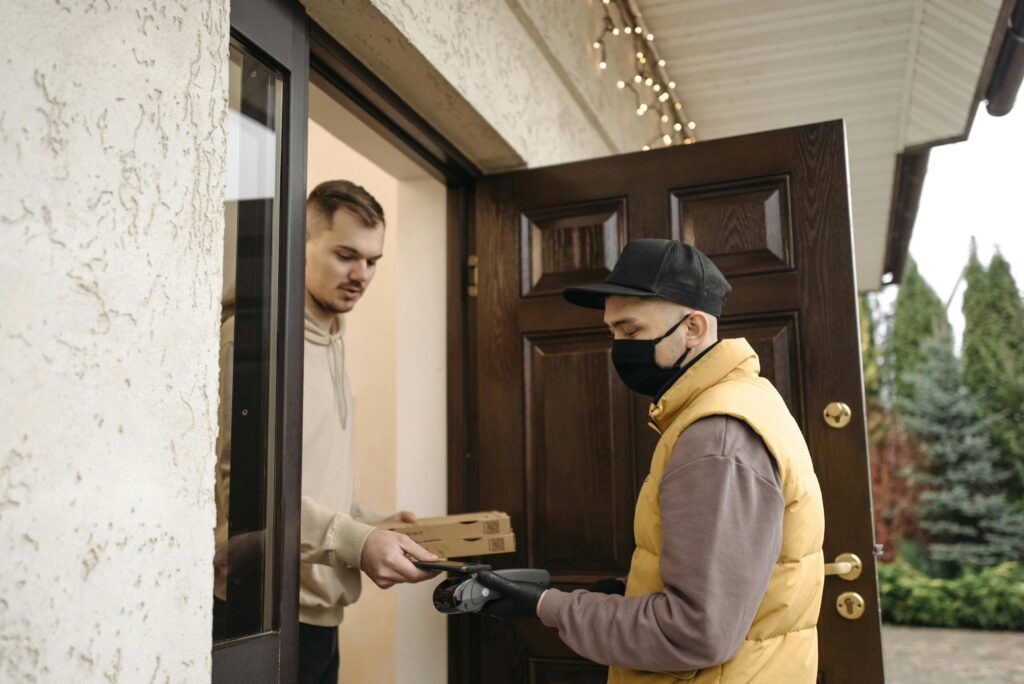Starting your first job at 14 is a big milestone — it’s more than just earning a paycheck. It’s about learning responsibility, time management, and how the working world operates. Whether you’re a parent helping your teen find their first job or a 14-year-old eager to start working, it’s important to understand what the law allows before filling out any applications.
The U.S. Department of Labor has specific laws designed to protect young workers. These rules make sure that work doesn’t interfere with school, health, or safety. The main law governing youth employment is the Fair Labor Standards Act (FLSA), which sets federal standards for the minimum working age, job types, and hours a teen can work.
In short, yes — you can work at 14, but there are clear boundaries on what kind of work you can do and when you can do it.
What the Law Says About Working at 14
Under the Fair Labor Standards Act (FLSA), the minimum age to work in the United States is 14, though some states have additional requirements that may raise this age to 15 or 16. These laws ensure that young teens are working in safe, age-appropriate environments while prioritizing school attendance and rest.
Work Hour Restrictions for 14–15-Year-Olds
Federal law limits the number of hours 14- and 15-year-olds can work. Here’s what’s allowed:
-
🏫 Up to 3 hours on a school day
-
📚 Up to 18 hours per week during the school year
-
🌞 Up to 8 hours on a non-school day
-
🏖️ Up to 40 hours per week during school breaks or summer vacation
-
⏰ Work must be between 7 a.m. and 7 p.m.
(Hours are extended until 9 p.m. from June 1 to Labor Day)
These rules are designed to protect teens from being overworked and to ensure they have enough time for school and rest.
Some states may have stricter local laws, such as requiring shorter shifts or additional breaks, so it’s important to double-check with your state Department of Labor for exact details.
What 14-Year-Olds Cannot Do
To keep young workers safe, federal law prohibits anyone under 16 from working in hazardous or high-risk jobs. This includes:
-
Operating heavy machinery or power tools
-
Working in construction or manufacturing
-
Using ladders or scaffolding
-
Driving vehicles or making deliveries by car
-
Handling explosives, mining, or logging work
In short — you can’t do jobs that could be dangerous, but there are still plenty of safe, fun, and flexible options available.
What 14-Year-Olds Can Do
Teens can legally work in non-hazardous roles, especially in environments like retail, food service, and entertainment. Examples include:
-
Food service (like ice cream shops or fast-food counters)
-
Grocery bagging or cart collection
-
Babysitting or pet sitting
-
Yard work or lawn mowing
-
Working at a movie theater, pool, or park
Prohibited Jobs for 14-Year-Olds
While many teens can start working at 14, federal law strictly limits the types of jobs you can do for safety reasons. These restrictions are meant to protect young workers from dangerous tools, equipment, or environments.
Jobs 14-year-olds are not allowed to do include:
-
🏗️ Construction or demolition work — including roofing, using ladders, or scaffolding
-
🚛 Driving or operating motor vehicles (or helping drivers load/unload heavy goods)
-
⚙️ Using power-driven equipment or heavy machinery — like saws, grinders, or forklifts
-
🥩 Meat processing, slicing, or manufacturing jobs in factories or industrial plants
-
🔥 Mining, logging, or excavation work
-
🧪 Jobs involving exposure to hazardous chemicals or substances
In short: if a job seems risky, involves industrial tools, or requires training that adults typically undergo for safety, it’s off-limits until you’re older (usually 16 or 18).
What Types of Jobs You Can Do at 14?

Even with the restrictions, there are still plenty of safe, fun, and flexible jobs for 14-year-olds — especially those that build responsibility and confidence.
Here are popular and legal job options for teens under 16:
🍦 Food Service (Limited Roles)
-
Working at ice cream stands, fast-food restaurants, or snack bars
-
Taking orders, cleaning tables, or helping with prep work (no cooking with open flames or fryers)
🛒 Retail & Grocery Stores
-
Bagging groceries, stocking shelves, greeting customers, or cleaning areas
-
Many grocery chains like Publix, Safeway, or local markets hire 14-year-olds for part-time roles
🎢 Entertainment & Recreation
-
Working at movie theaters, amusement parks, bowling alleys, or local pools
-
Tasks may include taking tickets, cleaning, or running concessions (under supervision)
🧹 Household & Community Work
-
Babysitting, tutoring, pet sitting, or lawn mowing for neighbors
-
These self-employed jobs are great for flexible schedules and building responsibility
🌾 Agricultural Work (With Conditions)
-
Working on farms doing light tasks such as picking fruits or vegetables
-
Must be outside school hours and non-hazardous (no operation of heavy machinery)
💡 Tip: Some volunteer or internship opportunities at community centers, libraries, or non-profits also accept 14-year-olds — a great way to build experience before applying to paid jobs.
Work Permits & Parental Permission
Before you start earning, there’s one more essential step: getting a work permit.
Most states require 14- and 15-year-olds to obtain this before beginning any job.
How the Process Works
-
Get the Form
Visit your school office or your state Department of Labor website to download the work permit (sometimes called an “employment certificate”). -
Parental/Guardian Consent
A parent or guardian must sign to give permission for you to work. -
School Approval
In many states, your school counselor or principal must also verify your academic standing and sign the form. -
Employer Signature
Once hired, your employer will sign the form confirming your job duties and hours. -
Submit & Keep a Copy
Give the completed form to your employer before starting work. They are legally required to keep it on file.
State Differences to Know
Each state has its own additional rules about youth employment. For example:
-
California: Requires a work permit for all minors under 18 and limits hours even during summer.
-
Texas: Allows 14-year-olds to work in limited retail and food service roles but requires a parent’s written consent.
-
Florida: Requires both a work permit and proof of age (like a birth certificate or school record).
👉 Always check your state’s Department of Labor website for the latest forms, age requirements, and job hour limits. Following these rules ensures you stay safe, legal, and job-ready.
Best Places That Hire at 14

Many national employers are open to hiring 14-year-olds for entry-level, part-time roles.
Below is a helpful table of popular options:
| Company | Minimum Hiring Age | Common Roles | Average Pay |
|---|---|---|---|
| McDonald’s | 14 (varies by state) | Crew Member, Cashier | $9–$12/hr |
| Chick-fil-A | 14–15 | Kitchen Assistant, Lobby Attendant | $10–$13/hr |
| Dairy Queen | 14 (limited locations) | Ice Cream Server, Cashier | $9–$11/hr |
| Baskin-Robbins | 14 | Ice Cream Scooper | $9–$11/hr |
| Publix | 14–15 | Bagger, Front Service Clerk | $10–$12/hr |
| Kroger | 14 (in select states) | Courtesy Clerk, Cart Attendant | $10–$12/hr |
| Local Businesses | 14+ | Grocery Bagger, Lawn Mower, Babysitter | $10–$15/hr |
Final Thoughts
Starting your first job at 14 is a big step toward independence and responsibility. While there are rules about where and how much you can work, plenty of safe and rewarding opportunities are available — from babysitting and grocery store jobs to local restaurants and recreation centers.
With the right work permit, parental approval, and positive attitude, you can start building real-world experience, earn your own money, and develop skills that will benefit you for years to come. Check out some of the best and worst places to work with WiseWorq’s company directory.
💡 Tip: Always check your state’s labor laws and focus on jobs that balance safety, learning, and fun — your early work experiences can set the foundation for future success!


